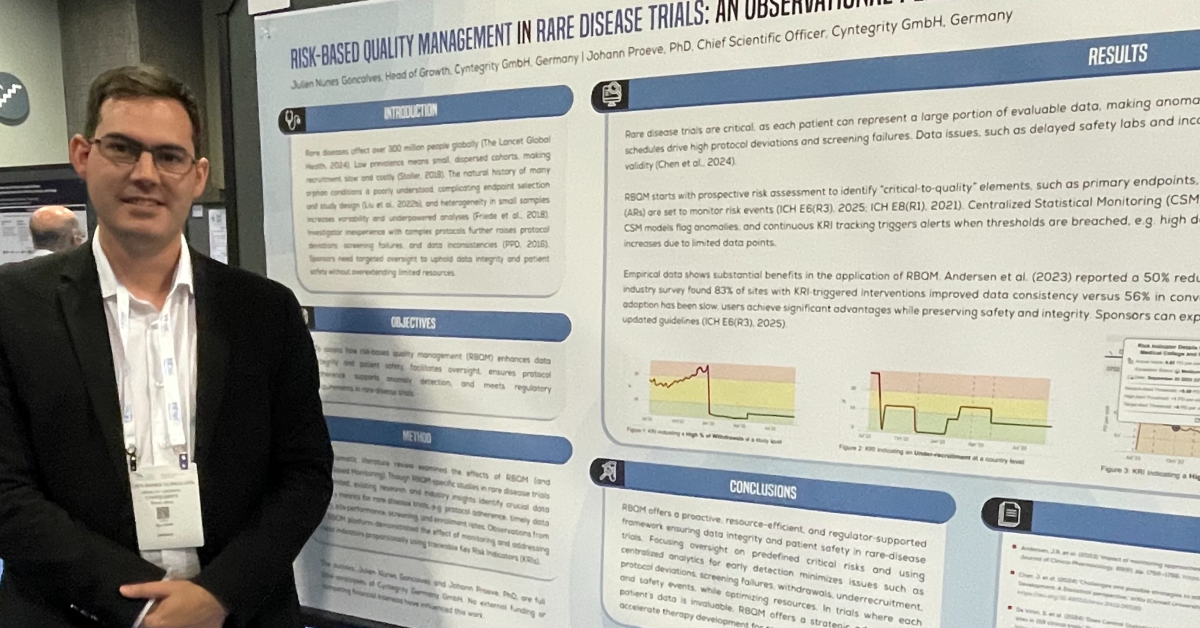When Late Data Entry Could Delay Trial Completion
Some of the major challenges (risks!) in clinical trial conduct include delays in data entry, misconduct at the site, degradation of data quality (due to lost-to-follow-up cases/Informed Consent withdrawn cases), etc. Risk Based Quality Management has evolved through the use of data in order to mitigate these risks. For e.g. using audit trails from the EDC systems to check for data integrity, and by establishing timelines of important events. The following case study illustrates how the MyRBQM® system helped solve these problems using the principles of Risk Based Quality Management.
CASE STUDY III: Ensuring Timely Entries and Responses
Timely data entry and response to queries are integral parts of a clinical trial. A huge number of open queries can result in the delay of a clean database which is undesirable.
What went wrong?
A long-term study with many patients was supposed to be completed prior to summer break. The study lock would be delayed by one country, together with the sites with many unaddressed open queries.
How was it detected?
The MyRBQM® Portal identified the rate-limiting sites (investigators) and highlighted the risks around late data entry and delayed responses to queries. Since these data were made available via the MyRBQM® Portal, the particular sites could be identified and mitigation action could be implemented to eliminate the backlog of open queries.

How was this risk addressed?
KRI = time between visit and data entry (audit trail), i.e. sites that took frequently more than 3 days (72 hours) for data entry were highlighted
KRI = time between query posting manually / automatic query generation by the EDC system and the time to respond to those queries, i.e. when greater than 3 days, an alert was triggered to the Sponsor company
Why was the MyRBQM® Portal used?
- Study management was able to respond successfully to the situation by hiring an additional resource to assist with the data cleaning at those sites
- To ensure the timely availability of a clean database
Download: CASE STUDIES | How the MyRBQM® Portal Optimizes Clinical Trials

The relationship between information and risk/opportunity has changed. Clinical trials generate more searchable information than they used to. Integrated, time stamped audit trails automatically track and record what study teams and site staff do, who they communicate and collaborate with and at what point in time; the technology they use also captures subtler user information, such as how well individual users adhere to the protocol, how quickly they enter the data and how fast they respond to queries.
As more clinical recording systems become interconnected, so the amount of information clinical trials inadvertently create will continue to grow. Risk-based Quality Management has evolved through the use of data in order to mitigate risks and provide optimization opportunities.






